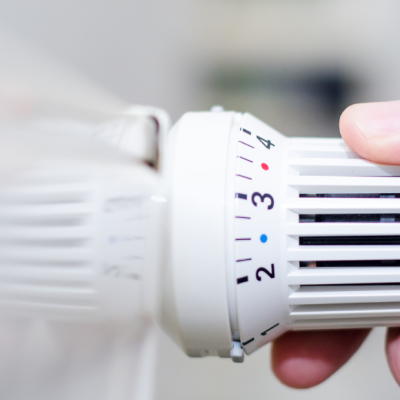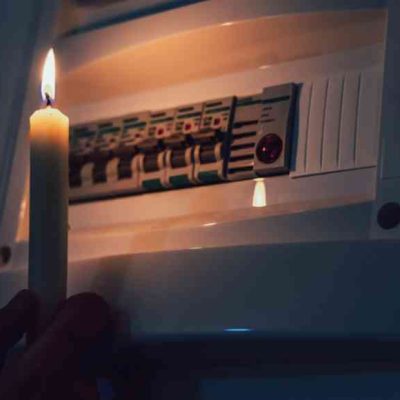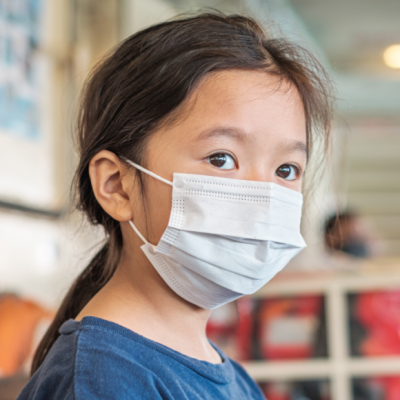Germany Considers Ending Isolation Requirement for Mild COVID-19 Cases
As COVID-19 infection rates continue to decline in Germany, the country’s medical community is considering ending the isolation requirement for those with mild cases of the virus. Currently, individuals who test positive for COVID-19 are required to isolate for five days. However, several German states, including Baden-Württemberg, Bayern, Hessen, and Schleswig-Holstein, have announced plans to lift this requirement soon. The President of the German Medical Association, Klaus Reinhardt, believes that ending the isolation requirement is “medically justifiable” given the experiences of other European countries. The German Association of General Practitioners also supports ending the isolation requirement, arguing that people who are coughing or sneezing should already be staying at home.
Reinhardt cites declining infection rates and the typically mild nature of COVID-19 cases as reasons for ending the isolation requirement. He notes that isolation requirements are “far-reaching restrictions on freedom” that are currently disproportionate to the risk posed by the virus. However, Reinhardt emphasizes the importance of a unified approach across all German states to ensure that people learn to handle the relaxation of restrictions responsibly. Markus Beier, the Federal Chairman of the German Association of General Practitioners, agrees that the isolation requirement is primarily a political decision rather than a medical one. He argues that the key medical principle is that people who are sick should stay home, regardless of whether there is a legal requirement to do so.
While the medical community in Germany is considering ending the isolation requirement for mild COVID-19 cases, it is important to note that people with symptoms should still stay home to prevent the spread of the virus. Those who test positive for COVID-19 but are asymptomatic are the exception, and the number of people affected by the relaxation of isolation requirements is likely to be small if people with symptoms continue to stay home.










